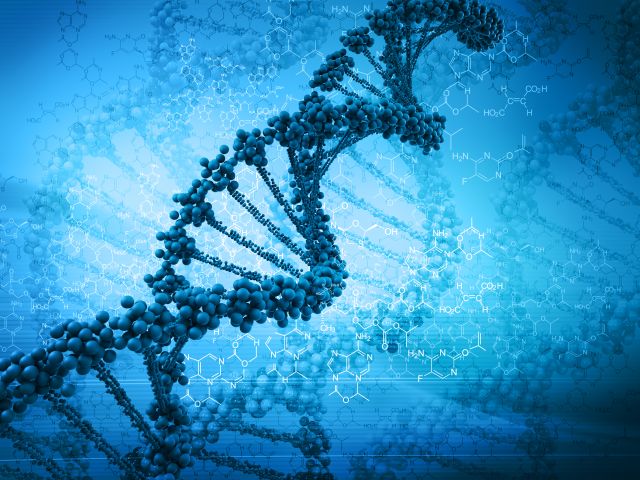
The American Society of Human Genetics has announced the winners of its 2025 DNA Day Essay Contest. According to the ASHG, over 1,200 essays were submitted from 45 U.S. states, territories, and 59 countries. Top prizes were awarded to students from high schools in Indiana, New York, California, and worldwide.
ASHG hosts the contest annually to invite the next generation of genetics professionals to explore their curiosity and communication skills in science.
This year, students weighed the benefits of using artificial intelligence (AI) in genetic testing.
The contest also encouraged students to consider the potential risks or harms that AI might pose in healthcare.
Students were invited to think about what information they would like to gather from AI to analyze and compare genetic data with the details typically provided in standard genetic test results.
National DNA Day, celebrated annually on April 25, commemorates the discovery of DNA’s double helix structure in 1953 and the completion of the Human Genome Project in 2003, two key milestones in genetics.
On DNA Day, students, researchers, academicians, clinicians, laboratory practice professionals, genetic counselors, nurses, and the public reflected on the groundbreaking achievements in genetics.
Rockefeller University commemorated the groundbreaking 1944 discovery by Avery, MacLeod, and McCarty, which established that DNA, not protein, is the molecule that carries genetic information.
This fundamental research paved the way for the modern era of life sciences.
DNA Day also marks the anniversary of the 1953 publication in Nature of papers by Watson, Crick, Wilkins, Franklin, and their colleagues outlining the structure of DNA.
Additionally, it celebrates the completion of the Human Genome Project in April 2003, which took 13 years to complete.
DNA serves as the “instruction manual” for cells. It can provide insights into an individual’s likelihood of developing various health conditions and even reveal surprising facts, such as whether you’re more prone to being targeted by mosquitoes.
Moreover, DNA research is helping scientists tackle some of the world’s most significant health challenges and is advancing drug development.
The discovery of DNA’s double helix structure and the successful human genome mapping are two milestones that continue to drive groundbreaking research.
They keep us at the forefront of genomics and molecular biology. Advances in areas such as CRISPR technology, cancer genomics, gene regulation, protein synthesis, translational control, the epi transcriptome, and the mobile genome are shaping the future of genetic science.
🎉Congratulations to our incredible #DNADay25 winners — your words inspired, educated, & wowed us! Well done to our honorable mentions for their perspectives & creativity. You all made this year’s contest truly amazing. Read the winning essays now → https://t.co/VgvIutKUoi #ASHG pic.twitter.com/pKCwS8eEIa
— ASHG (@GeneticsSociety) April 25, 2025
On #DNADay we celebrate the seminal 1944 discovery at Rockefeller by Avery, MacLeod, and McCarty that DNA, not protein, is the substance that carries genetic information. This *basic science* research opened the gateway to the modern era of the life sciences. pic.twitter.com/MnIUgX48dt
— Rockefeller University (@RockefellerUniv) April 25, 2025
Our April issue is online-check it out!https://t.co/yT3q5AtjkC pic.twitter.com/DK1sEfdnaX
— AJHG (@AJHGNews) April 3, 2025
The U.S. Army Corps of Engineers has been tasked with…
Brown and Caldwell, a leading environmental engineering and construction firm,…
Humboldt State University, one of four campuses within the California…